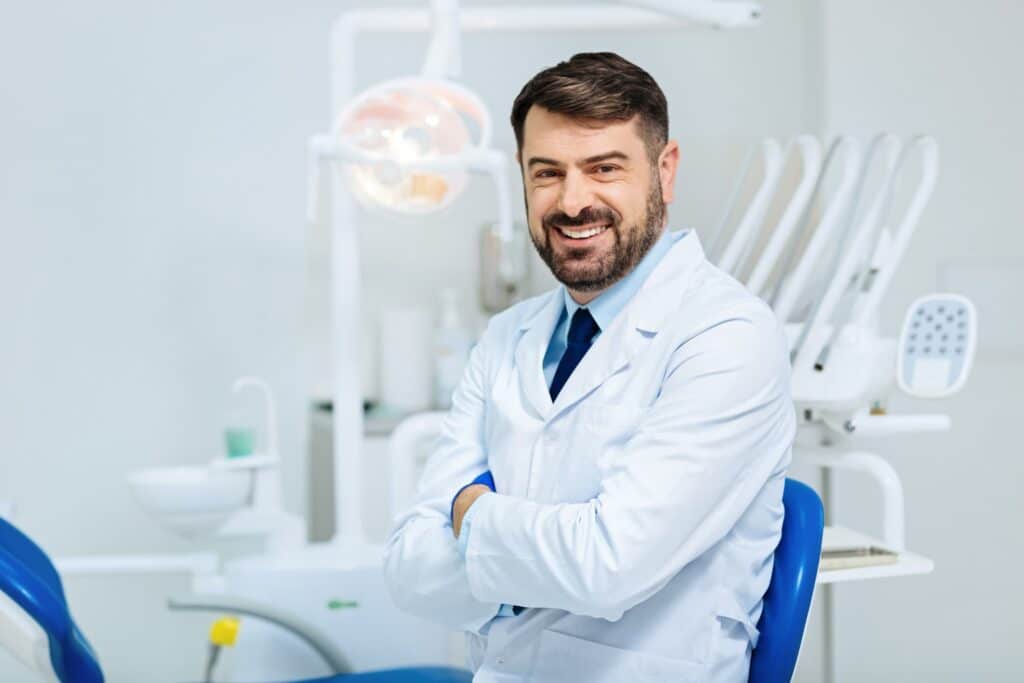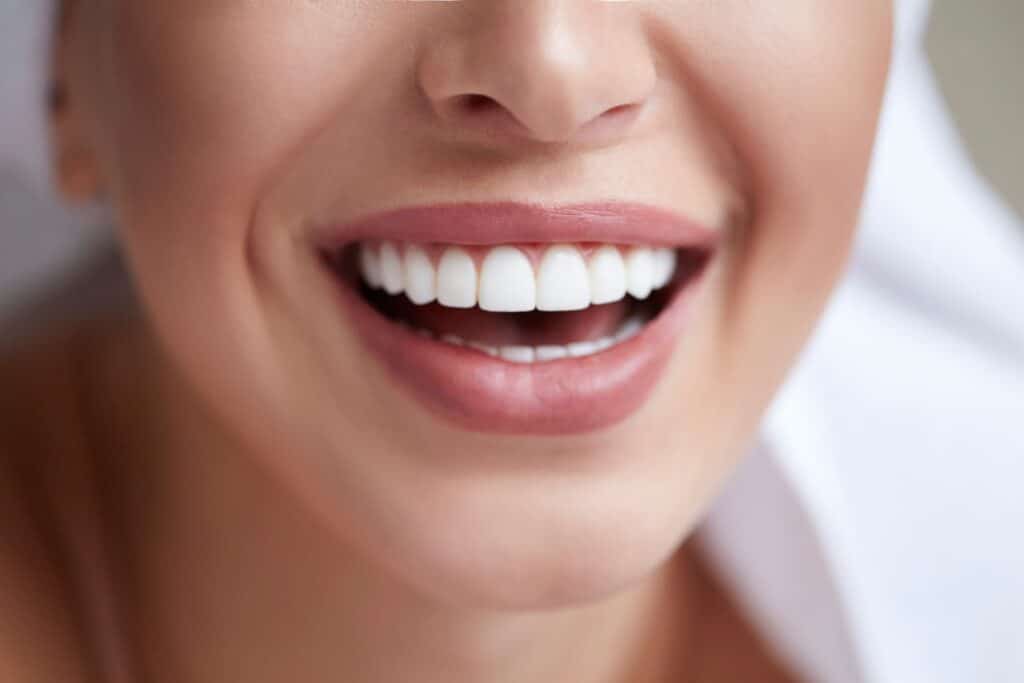Going to the dentist is a common source of anxiety for many individuals, regardless of age. However, sedation dentistry has emerged as a revolutionary solution to alleviate dental fears and create a comfortable experience for both adults and children. Learn the truth about some myths associated with dental sedation.
What Is Sedation Dentistry?
Sedation dentistry involves the use of medication to help patients relax and remain calm during dental procedures. It facilitates a pain-free encounter, especially for those who experience dental phobia or severe anxiety, those with special needs, or who possess a low pain tolerance. Sedation dentistry is available to children and adults, with pediatric dentistry catering specifically to younger patients.
For Adults
Generally speaking, adult sedation involves the use of oral sedatives prescribed and taken before your dental appointment to provide a deep state of relaxation, and depending on the dose can cause drowsiness or even induce sleep. Another common form of sedation used on adults is intravenous sedation. IV sedation puts individuals in a more profound state of relaxation. This form of sedation allows for medication levels to be adjusted throughout the procedure to ensure comfort and safety.
Pediatric Sedation Dentistry
Pediatric sedation dentistry focuses on creating a stress-free environment for children to receive dental care and treatment. Techniques used in pediatric sedation are nitrous oxide (laughing gas), oral sedation, and in some cases, general anesthesia. Pediatric sedation approaches allow children to receive necessary dental care and treatment in an efficient and safe manner without causing emotional trauma or distress.
Why Be Sedated For A Dental Procedure?
There are a number of reasons one might consider being sedated during a dental procedure. Sedation eases fear and anxiety, helping you remain calm and serene during your oral care. Generally speaking, dentists can also often work faster when patients are sedated, this can result in fewer appointments. Finally, many individuals avoid going to the dentist altogether because of their severe dental anxiety. Sedation helps alleviate this anxiety so individuals who typically do not receive dental care can get the treatment they need.
Sedation Dentistry Myths
- Sedation is good for everyone: Sedation, when administered properly by a qualified professional is considered perfectly safe. However, sedation should be avoided if you suffer from certain medical conditions. Pregnant individuals, patients with allergies, a history of radiation therapy, or nervous system issues, and those taking certain medications are advised against the use of sedation treatments, as there may be adverse reactions.
- The patient is unconscious: Most sedation practices are aimed at relaxation and the reduction of anxiety. Sedation with these goals in mind does not render a person unconscious. Conscious sedation may make you drowsy, but you are still able to respond when spoken to directly.
- Children can’t be sedated: Not only can children be sedated, but they are the demographic most commonly sedated. Children are often fearful of the dentist or have difficulty sitting still. Laughing gas (nitrous oxide) is a common form of sedation used on children because it is safe and causes relaxation and euphoria. Children may also undergo general anesthesia if they are in good health but this is typically reserved for more complex work such as oral surgery.
- Sedation is only for complicated or painful procedures: This is typically true regarding general sedation. Mild sedatives are routinely used for a number of simple dental treatments like fillings, cleanings, root canals, and cosmetic treatments. It is common for mild sedatives to be used to treat dental anxiety and stress, this is especially true for children who are more prone to dental anxiety.
- It gives you brain fog for days: After undergoing sedation, whether it be IV sedation or oral medication, you may feel groggy and lethargic for a few hours after treatment. Typically, most people are back to a fully alert state within a few hours of the sedation being discontinued.
FAQs
Is Sedation Dentistry Safe?
While there is always risk in undergoing anesthesia, dental sedation is generally a safe practice when provided by a trained and experienced dentist. Sedation is not recommended for individuals with certain health conditions and medical history. It is important to talk to your dentist about any conditions you may have before receiving any form of sedation.
How Much Does Sedation Dentistry Cost?
The cost of undergoing sedation during your dental visit varies depending on the kind of sedation being used as well as the length of time you are under sedation. Talk to our experienced team about the cost of dental sedation during your next visit. Call Absolute Dental today and schedule a consultation!
How Does Sedation Dentistry Work?
Sedation dentistry is a relatively simple procedure. You’ll speak with your dentist about sedation options during your initial consultation. You’ll go over your medical history and any medications or supplements you take. Once all relevant information has been gathered, your dentist will discuss sedation recommendations based on your individual needs.
It is standard practice that you be advised not to eat or drink anything for at least six hours before your appointment. Routine medications should be continued as usual unless your dentist expresses otherwise. Make sure you inform your dentist if you are taking any blood thinners as you may be asked to skip these medications for a few days prior to your appointment.
Your dentist will provide you with sedative medications before beginning your procedure. A local anesthetic will be given to numb your teeth and gums but this does not usually occur until you are already feeling relaxed and comfortable from the sedatives. Your dentist will perform your procedure and unless nitrous oxide was your sedation method, you’ll need someone else to provide transportation home from your appointment. It is recommended that you go straight home following your sedation and rest while the sedative wears off.
What Is Conscious Sedation Dentistry?
Conscious sedation dentistry is a moderate level of sedation. Technically, you are still awake but feeling relaxed and carefree. It creates a state of short-term amnesia where you experience insensitivity to pain while remaining conscious.
What Is Oral Sedation Dentistry?
Oral sedation dentistry is the implementation of sedation in the form of a pill or liquid that is ingested orally. The medication is ingested approximately an hour before your procedure and can make you feel groggy, you may even fall asleep. However, you’ll still be able to communicate with your dentist should you need to, and you’ll awaken rather easily.
Choosing Sedation Dentistry
Dental anxiety is a common occurrence among individuals young and old. This fear should not keep you from receiving the dental care you need. Dental sedation is a viable option for individuals to receive the care they need without the fear and anxiety associated with dental procedures.
References:
Conscious Sedation for Surgical Procedures. (2023).
Sedation Dentistry. (2022).
Watson, S. (2022). Sedation Dentistry: Can You Really Relax in the Dentist’s Chair?

